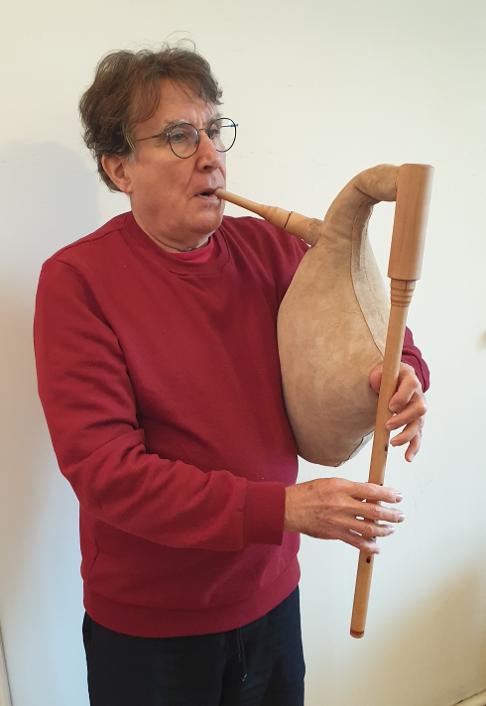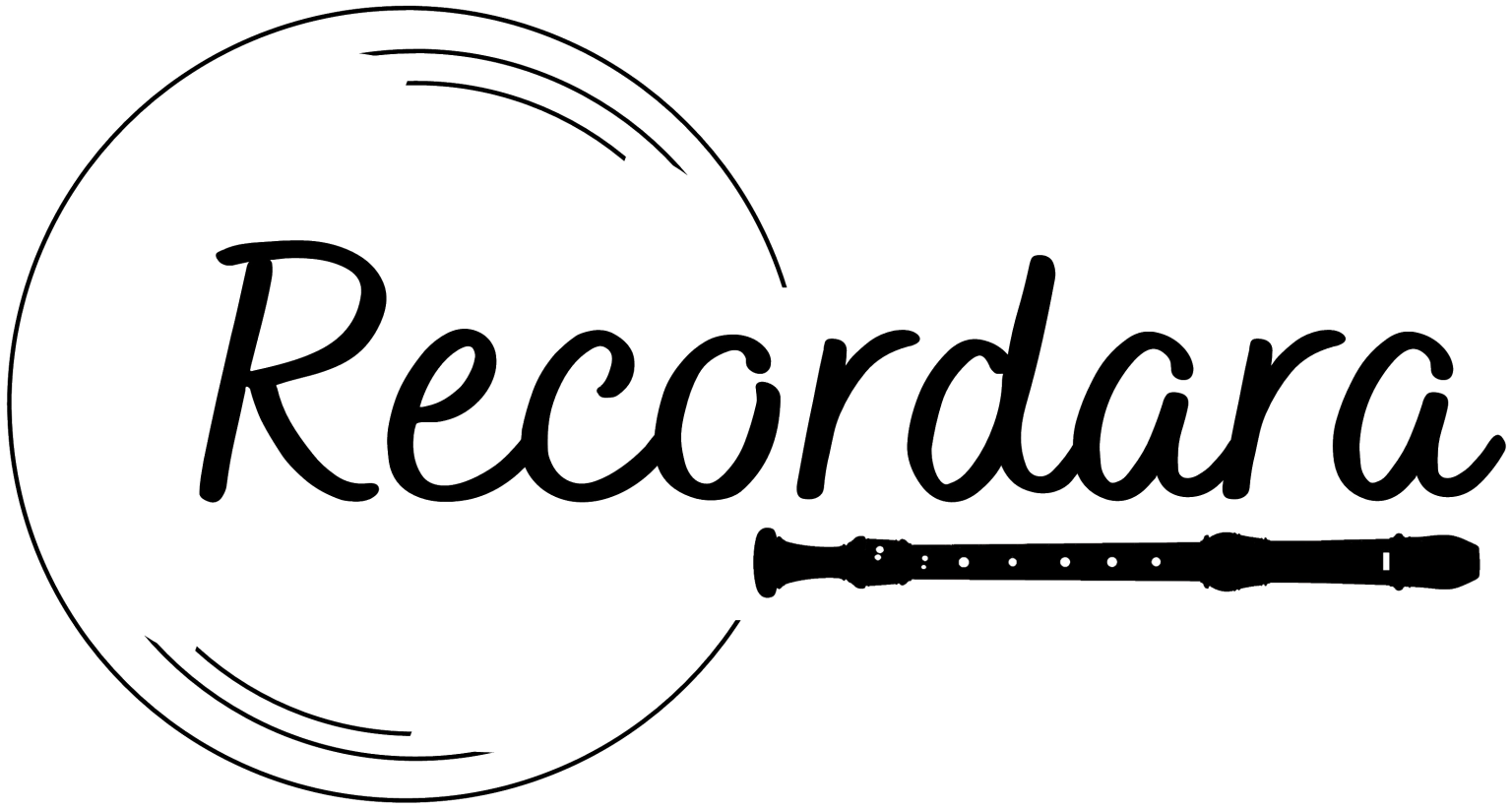Speakers 2022

Françoise decroisette
Professor emeritus at the University of Paris 8, Françoise Decroisette holds an agrégation in Italian and a Doctorat d'Etat. Her thesis focused on the early years of the Princely Theatre of La Pergola in Florence (L'Académie des Immobili des Immobili de Florence et le théâtre de la Pergola, 1652-1713, Université Paris 8, 1984). Later, as part of the Laboratoire d'Etudes Romanes de Paris 8, she supervised a number of theses on Italian opera and theatre and theater, and published several collective volumes on festivity and writing, the journeys of theater texts between Italy and France, Italian theatrical poetics from the 16th to the 20th century, the traces of the spectator, the libretto of the opera, etc. of the spectator, the opera libretto as a literary work (Presses universitaires de Vincennes), and the links between history and theater (L'Histoire derrière le rideau : écritures scéniques du Risorgimento, PUR, Rennes 2013).
She has collaborated and continues to collaborate on the European program Euridice 1600-2000, co-directed with Joël Heuillon and Françoise Graziani (La Naissance de l'opéra, L'Harmattan, 2001). She is a member of the European program ArpreGo, Archivio del teatro pregoldoniano, run by the University of Santiago de Compostela (J. Gutierrez Carou), where she has edited and commented on texts by Sienese author Girolamo Gigli (I Litiganti, La sorellina di Don Pilone) and the Florentine librettist Giovan Andrea Moniglia (Il vecchio balordo) (Venice, Lineadacquaedizioni).
She has also published a monograph on 18th-century Venice, Venise au temps de Goldoni (Hachette, 1999).
As a translator, in addition to Cunto de li Cunti by the Neapolitan Giovan Battista Basile (Le Conte des contes ou le divertissement des petits-enfants, Circé, 19951), she has translated the Quatre dialogues en matière de représentations theatrical performances by the Mantuan choreographer Leone de'Sommi (Rampazzo, 1991), several comedies by Goldoni [La Villégiature (L'Arche), Le Véritable ami (Actes Sud), L'Ecole de danse (Circé), Le serviteur de deux maîtres, Larousse], and Carlo Gozzi (L'Oiseau vert and Le Corbeau, Presses universitaires de Grenoble), and has edited a collective translation of Carlo Gozzi's Mémoires inutiles (Alain Baudry éd., 2010).

olivier pont
Olivier Pont's business is twofold:
bowed instruments for early music, in particular the violin family of the Renaissance, 17th and 18th centuries, and bowed viols from the 11th to 15th centuries. of electric violins and violin amplification systems.
For Renaissance and Baroque instruments, Olivier Pont is particularly interested in archaic "in the air" mounts, i.e. without a mold, with the ribs set into the neck and back. For example, he offers violins, tenors and basses in the style of those preserved in Freiberg Cathedral, Germany, or inspired by 17th-century Flemish violins.
His bowed viols are based on manuscript illuminations or carvings, and he offers instruments based on sculptures from the cathedrals of Chartres and Angers. To enhance his knowledge of historical instruments and for his own pleasure, he studies and plays medieval and Renaissance music.
The electric violins and violin pickups it offers were originally developed in response to demand from jazz violinists playing in highly amplified bands, with drums, bass and electric guitar, brass instruments etc. Since then, they have also been used in the fields of traditional music, rock, contemporary music, French chanson and variety. His work focuses above all on highlighting the sensitivity of the bow, even at high volume. He offers two models of violin, each also available in alto, tenor and 5-string. We manufacture piezoelectric transducers for violin, viola, cello and double bass, and on request for other string instruments. At present, he is testing this equipment himself on stage, mainly in the context of traditional music.

